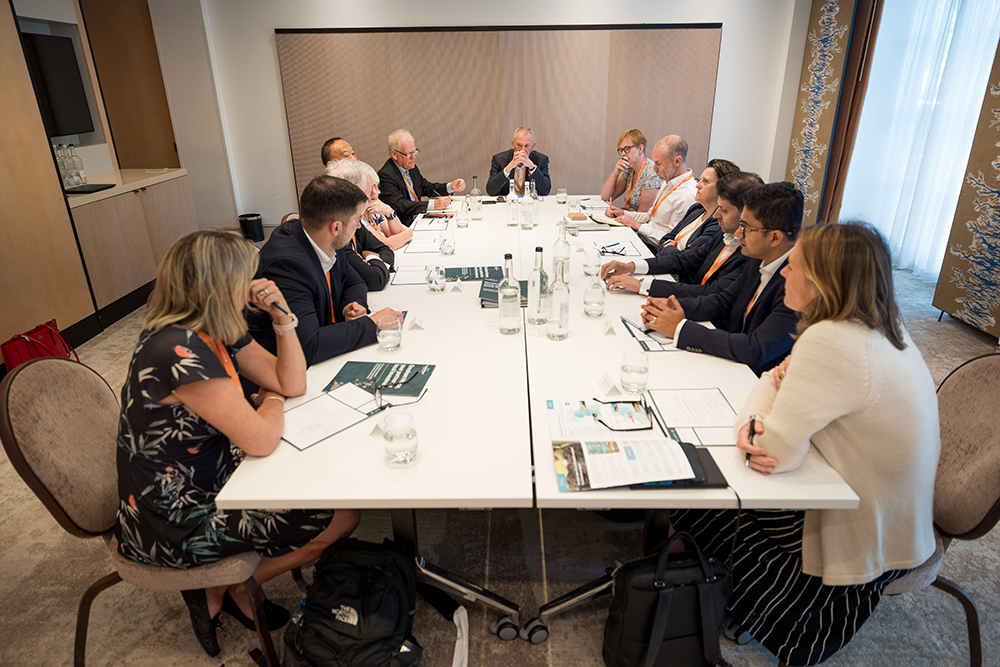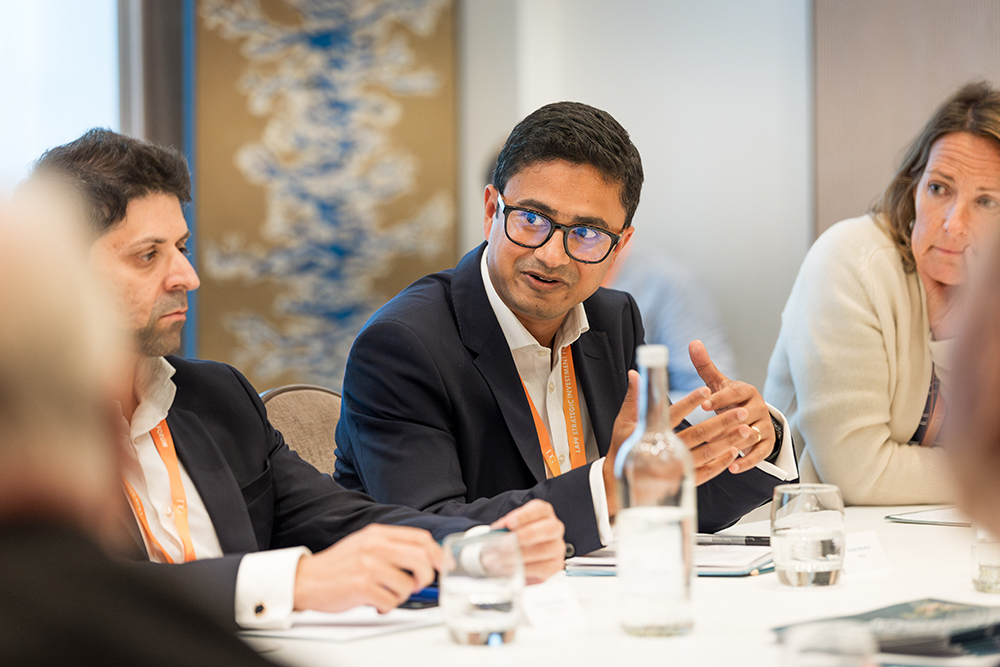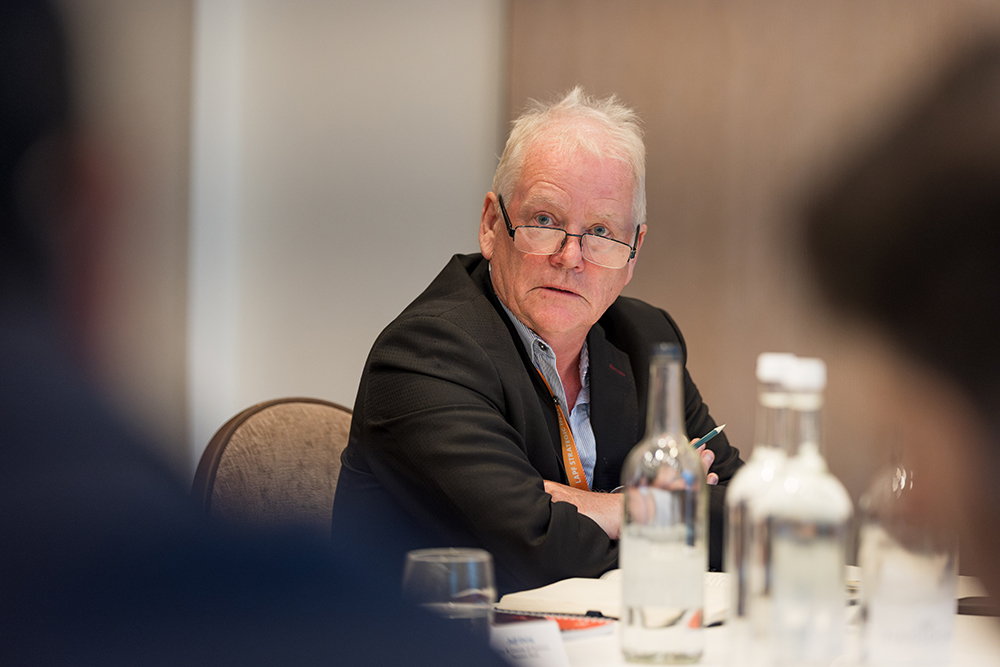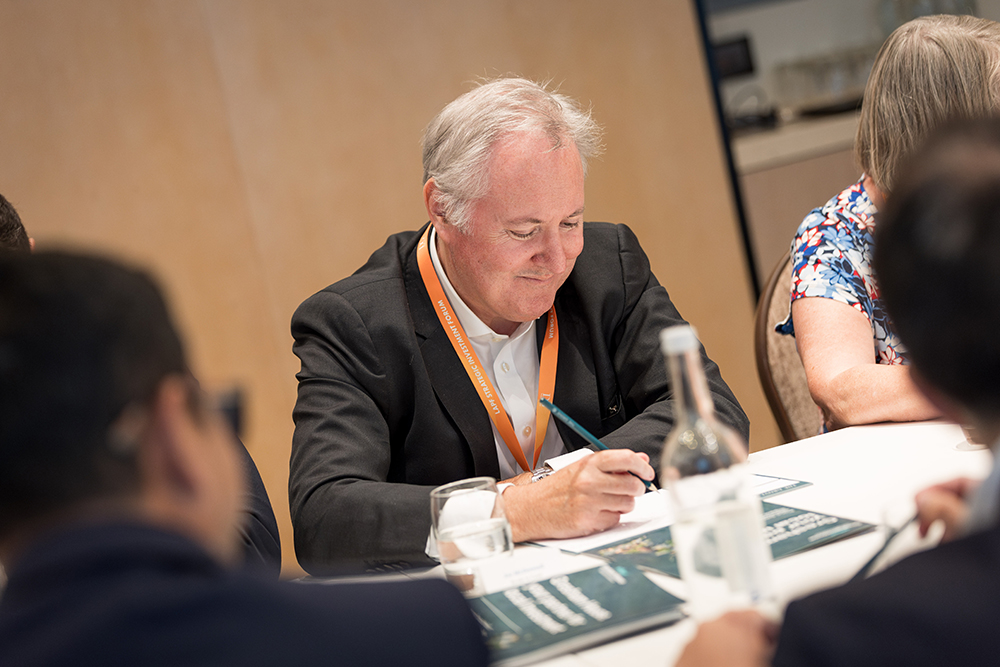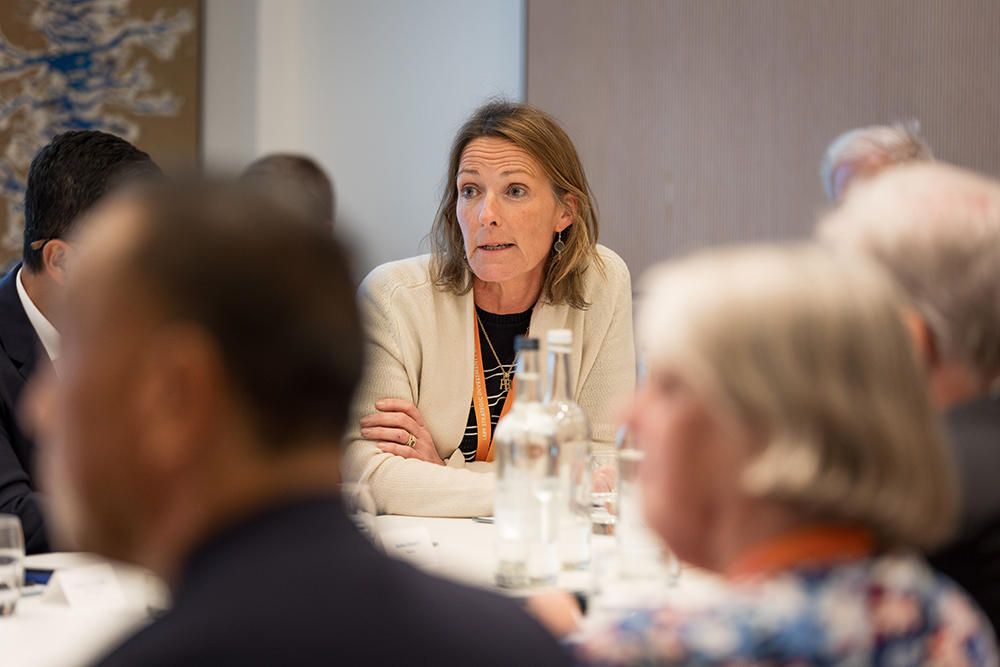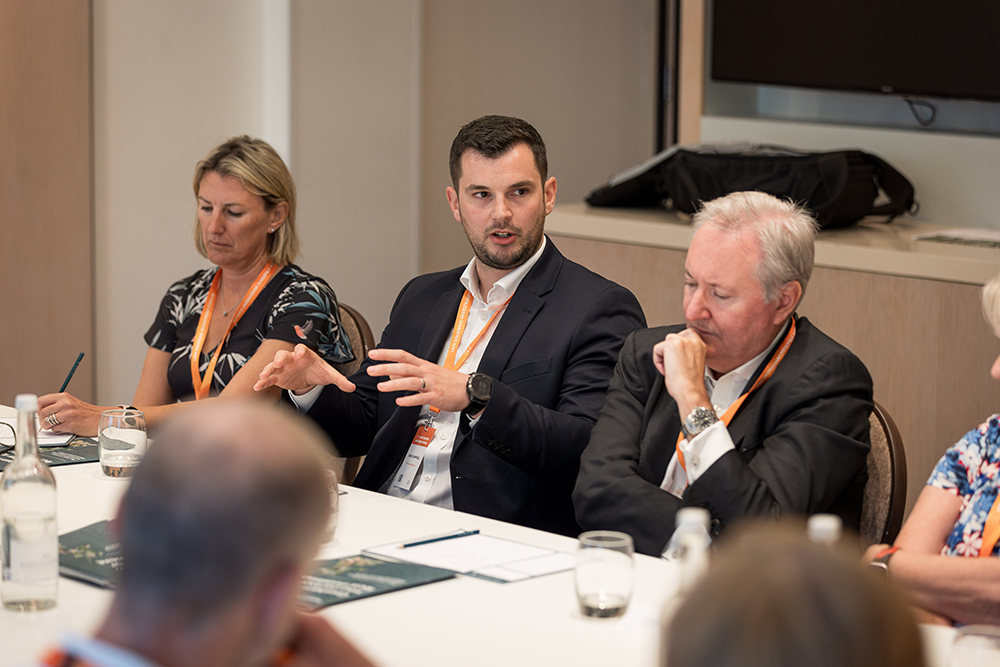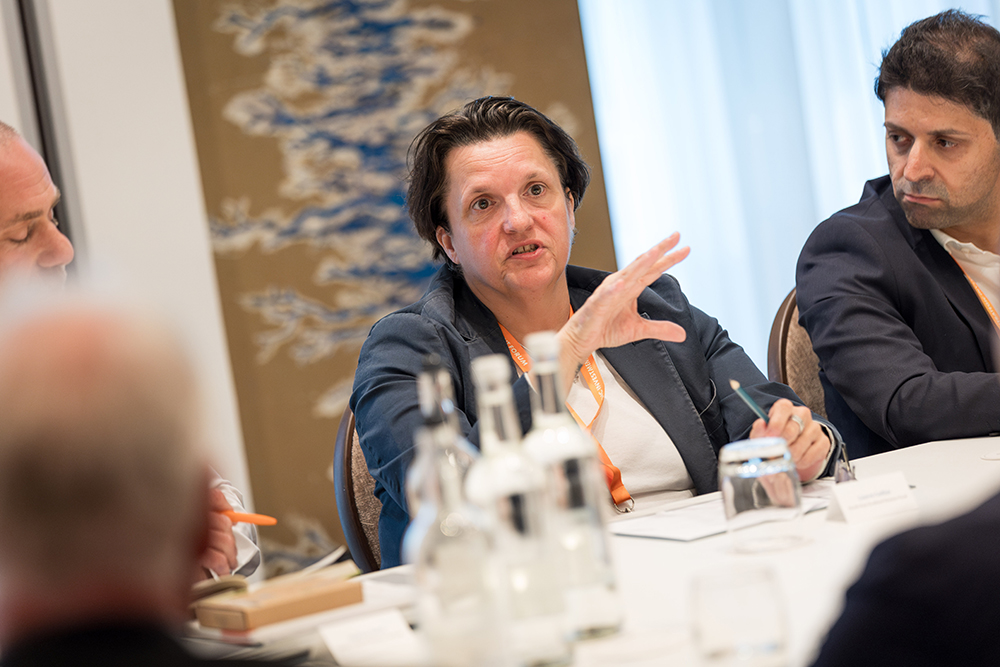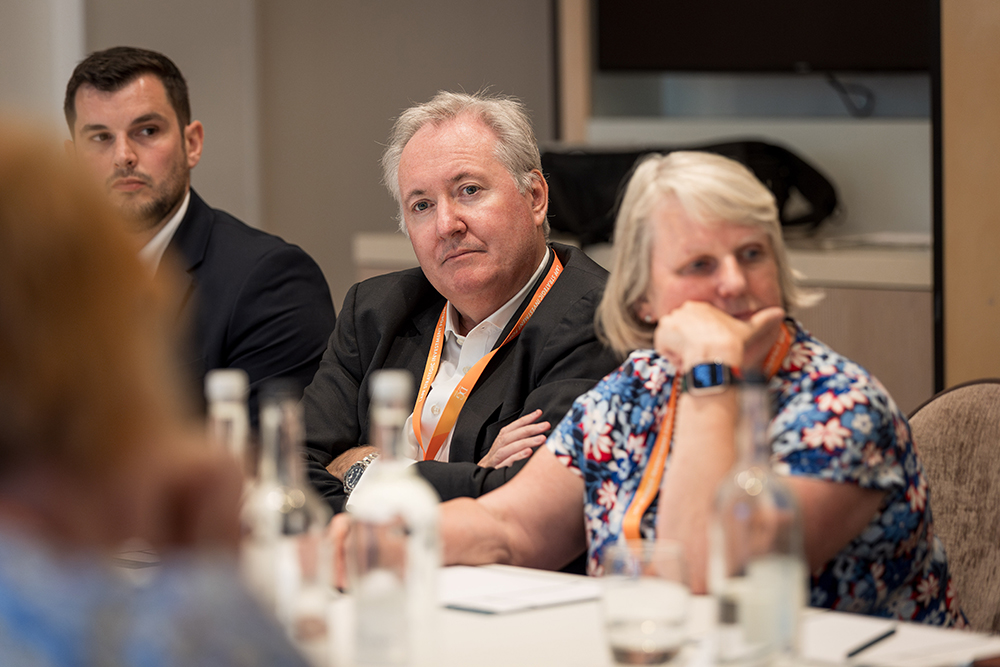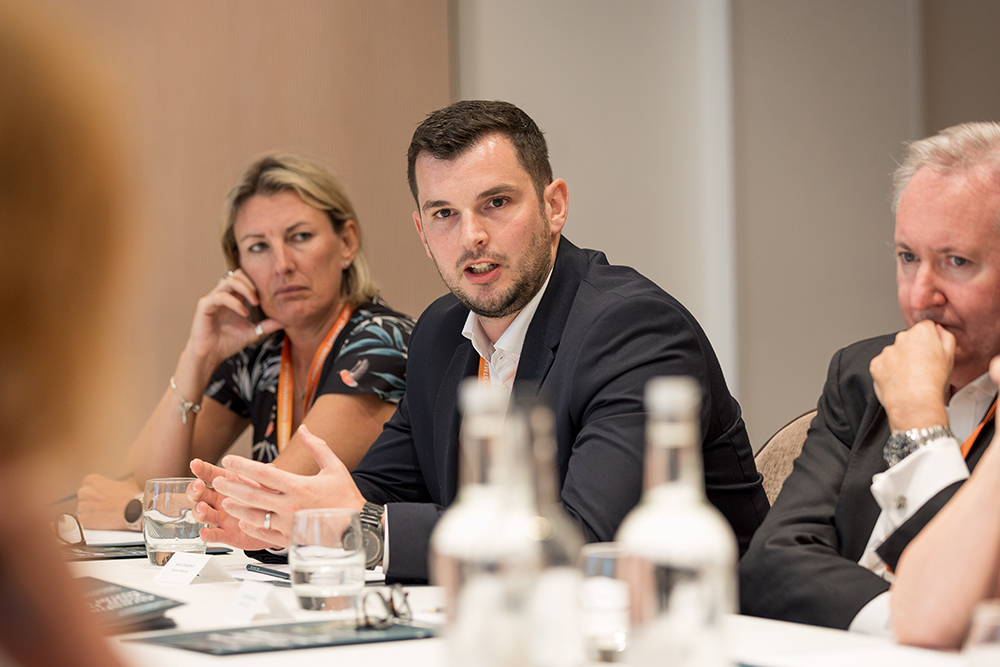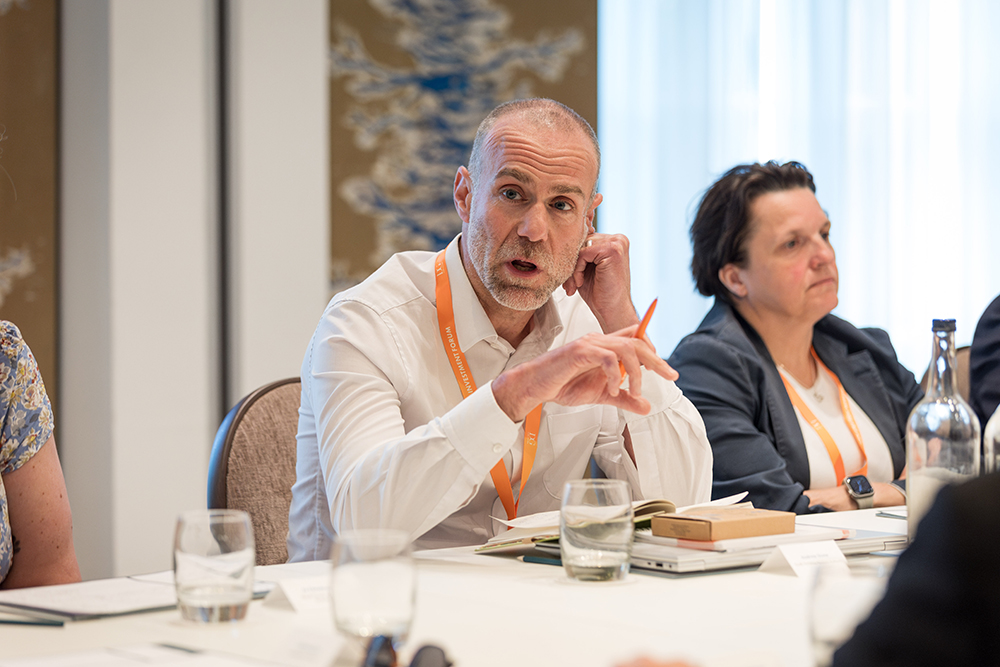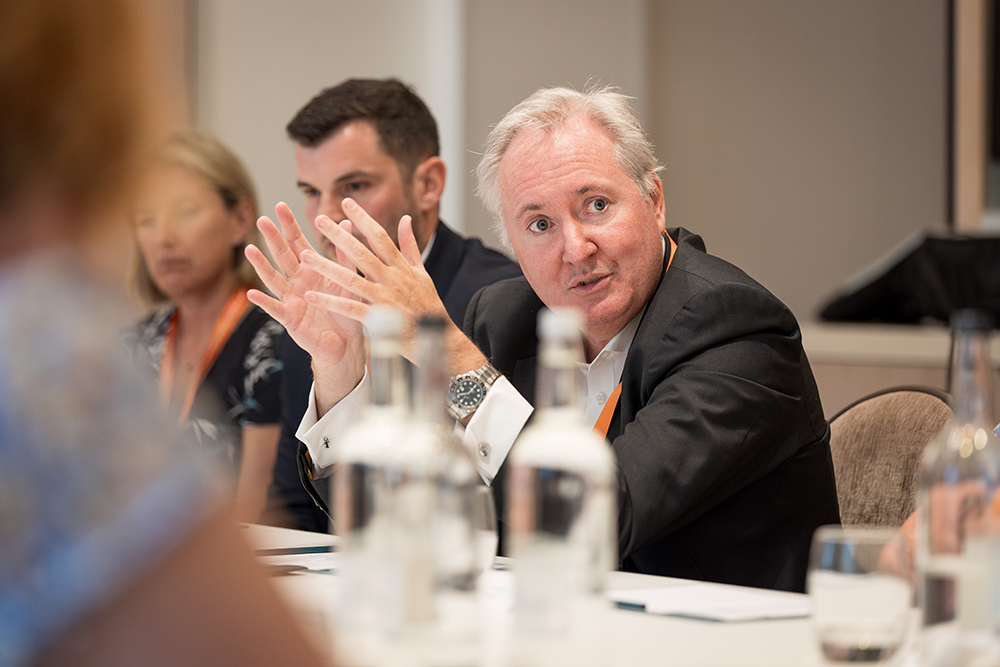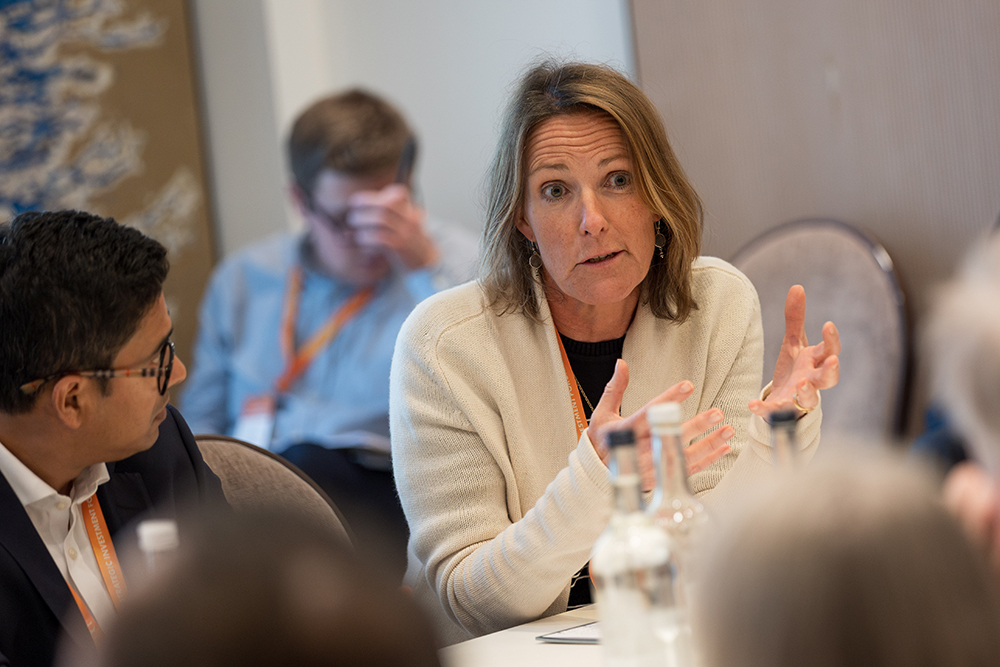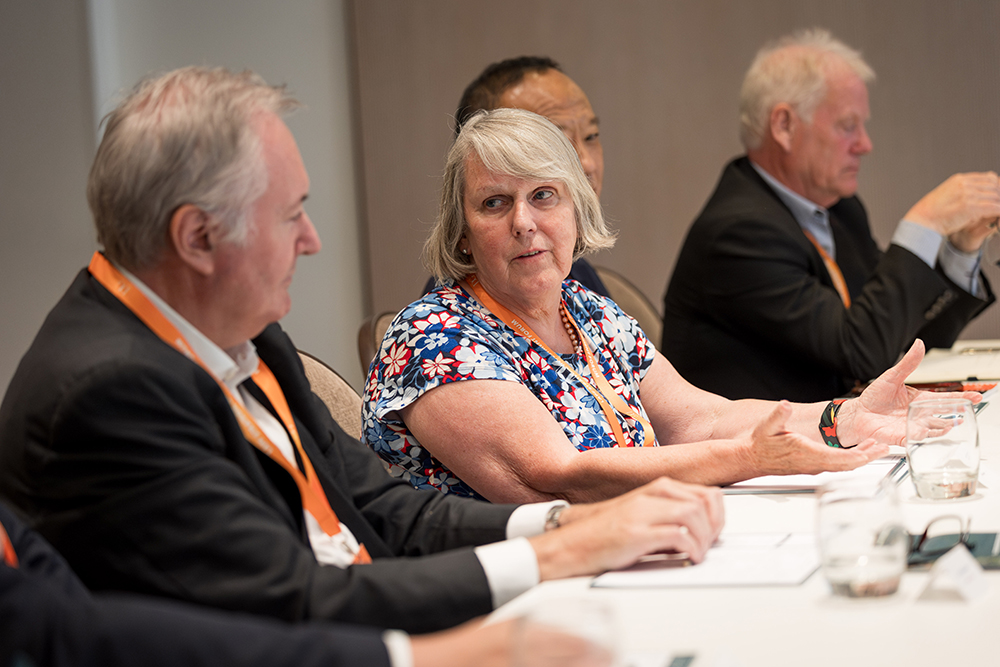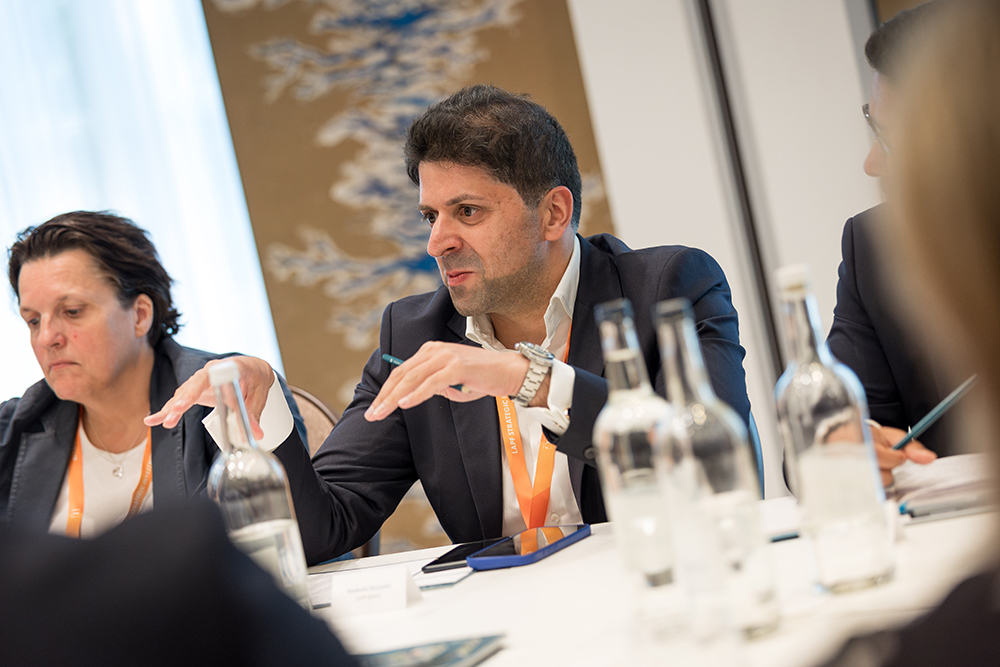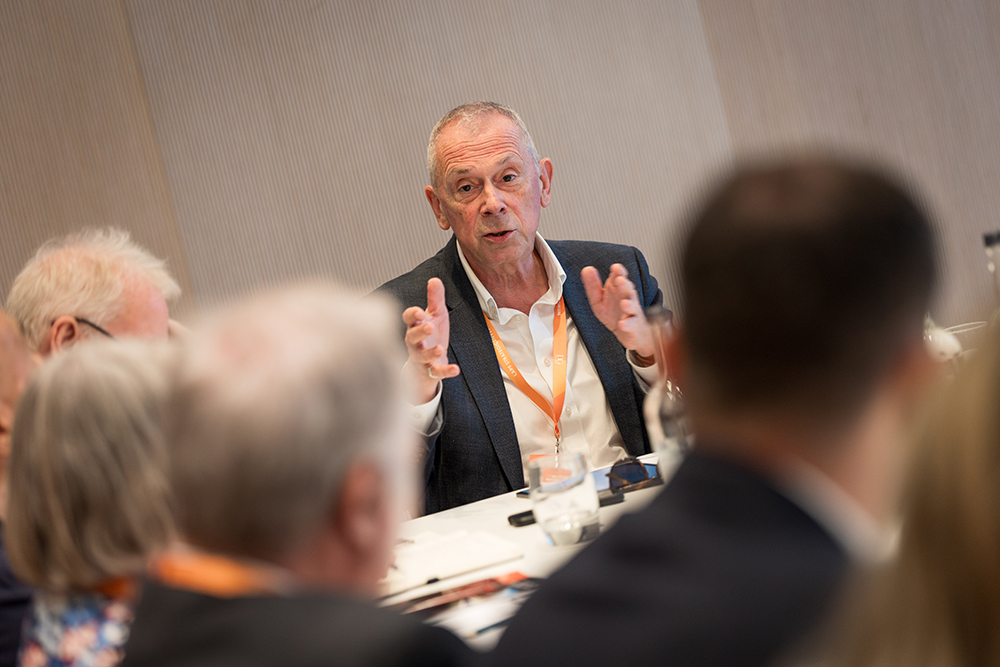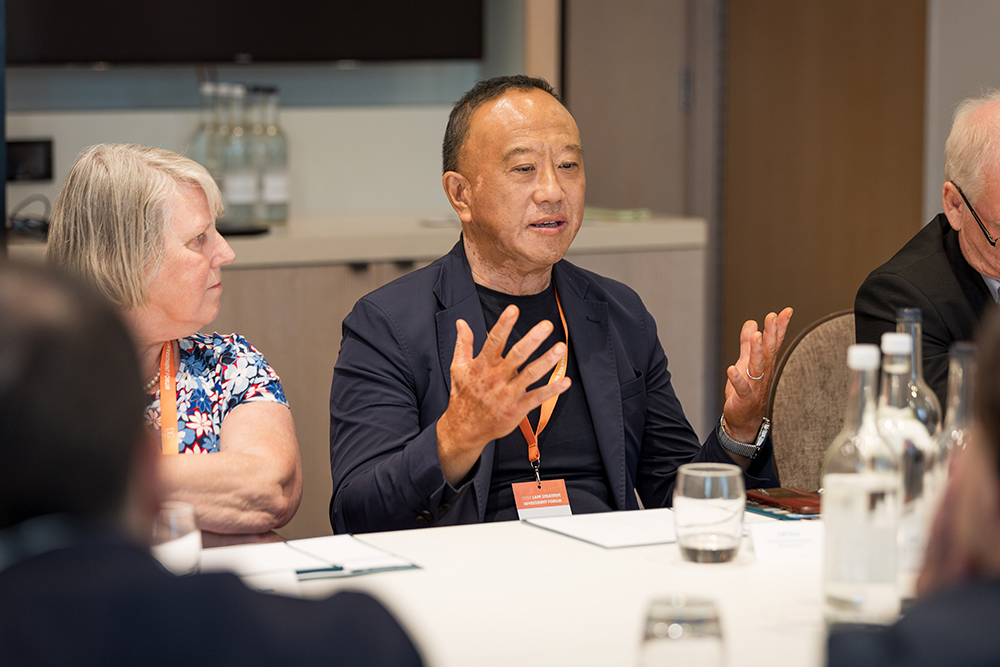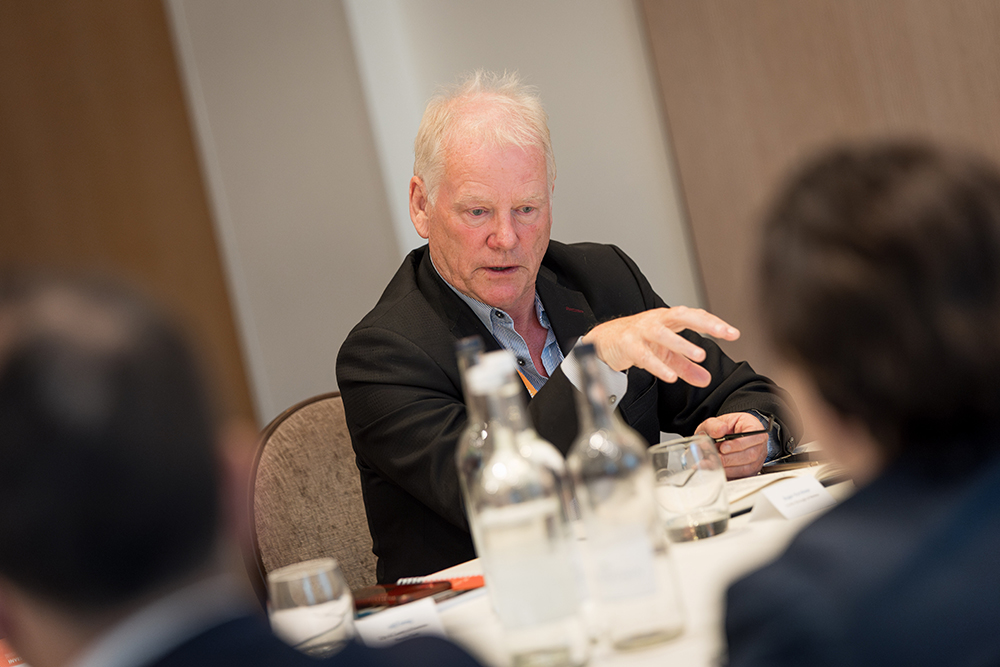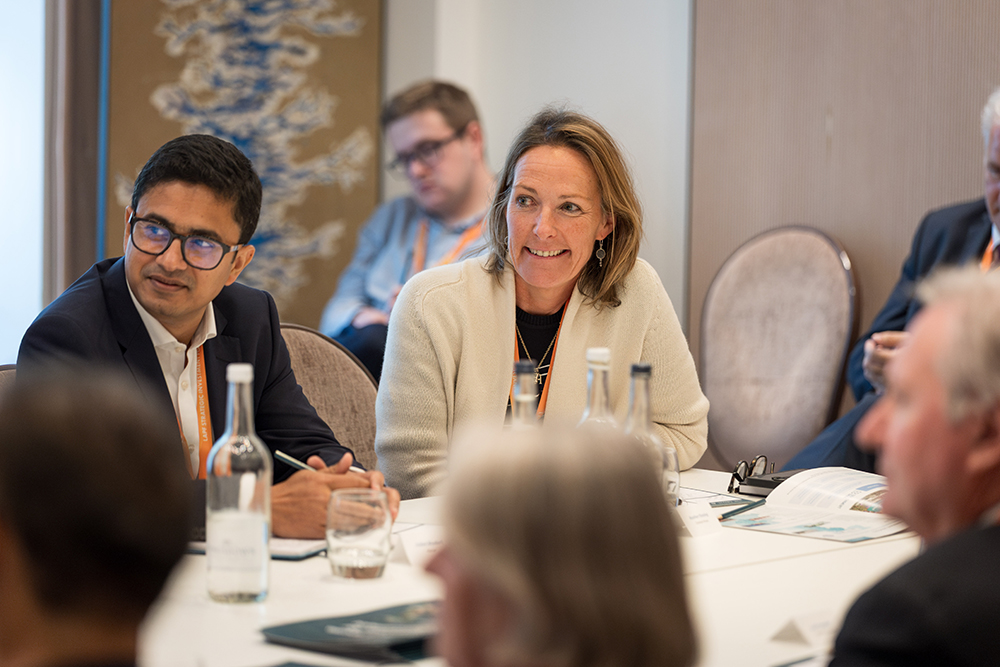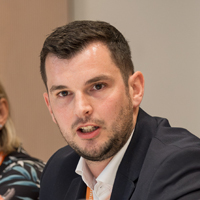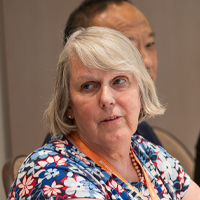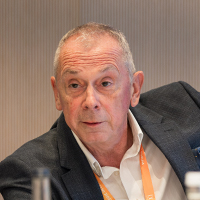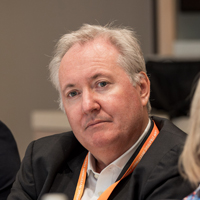
The local investment conundrum: can the sector square the circle?
Will centralised decision-making in six consolidated LGPS pools leave smaller, locally important projects overlooked despite the government’s 5% local investment push?
The LGPS world is expected to be the hero “riding over the hill” to help local councils. That’s the view of industry leaders as they gathered to discuss next steps in a post-pensions bill environment. Among the pages of legislative heft, it calls on the LGPS authorities to develop and publish local investment policies – targeting at least 5% of their assets into “local investment”.
The definition of what local actually means in practice was a hotly contested one when a group of industry leaders met at a roundtable at the LGPS Pooling Symposium in May – but it now appears there’s a bit more meat on the bone.
“The government basically set it out,” explained Iain Campbell, Head of LGPS Investment at Hymans Robertson. “They said it’s investments within a specific area that have additional, quantifiable benefits on that local area – whether that’s on the economy, on society or on the environment.
“And when they specify what that local area might be, they say it’s either broadly local to the authority area, or they’re covered by funds within the pool.”
He was speaking at a recent roundtable, hosted by LAPF Investments in partnership with Gresham House, at the LAPF Strategic Investment Forum.
Chaired by industry veteran Jeff Houston as a follow-up to the event in May, it brought together 13 of the LGPS world’s leading lights to discuss whether the above definition provides the LGPS with any more clarity, and whether the government’s approach will provide them with the scale of investment they’re desperately clamouring for.
Centralising decisions in pools
One of the more radical things the bill will do is centralise decision-making for funds into one of six pools (reduced from their current number of eight), with this expected to take place by March of next year.
This raises several key questions about how this will influence local investment, particularly on the topic of expertise and filtering out opportunities.
In South Yorkshire, its Pensions Authority’s Assistant Director of Investment Strategy, Andrew Stone, said they’ve got a memorandum of understanding in place with the South Yorkshire combined authority to focus investment on some key strategic areas.
He explained: “The most established of these is the commercial development lending programme – which is South Yorkshire specific. We’ve got a manager in place who’s responsible for filtering the opportunities, and the mandate has covered developments such as housing development, student accommodation and logistics.”
While currently South Yorkshire specific, such processes could be established at pooling level.
Responding to Andrew’s example, LGPS Central’s Head of Private Markets, Nadeem Hussain, said: “To say I don’t have experience in all things local to South Yorkshire, for example, would be an understatement; there’s an experience gap of 10 years – but the reality is we will leverage best practice where we can find it.”
He went on to say the idea that the pool would work independently of local authority officers “is just not sensible”. He added: “I think you can make an argument for other asset classes, but this particular one doesn’t lend itself to the pool making all the calls.”
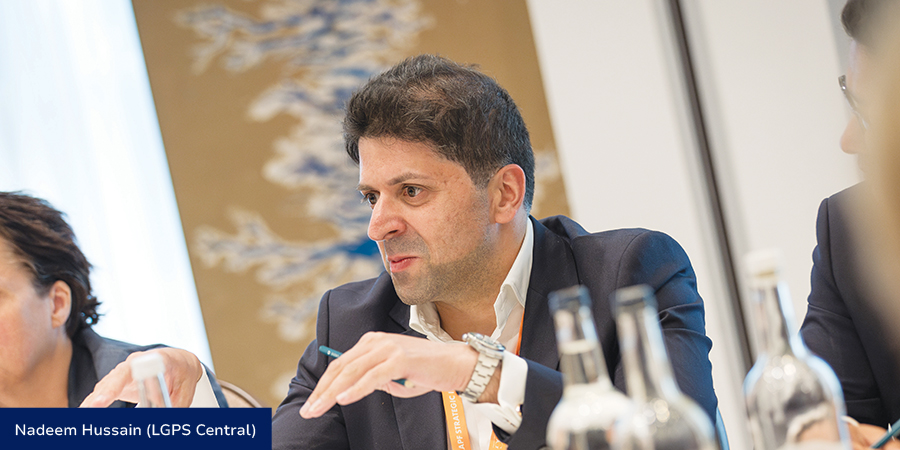
Joe McDonnell, Chief Investment Officer at Border to Coast Pensions Partnership, reiterated that collaboration across local government and with the investment industry will be key.
He added: “One of the things that I’m looking forward to seeing in the next couple of years are seven, eight, nine really good case studies of what success looks like. And I think that will in itself beget higher quality things walking through.”
Given the limitations, at this point in time, of resourcing at the pools and authorities to source and assess local investment opportunities, Heather Fleming, Managing Director, Institutional Business at Gresham House, suggested that delivery of these exposures could be done in partnership with specialist asset managers.
She added: “Managers can help originate and filter opportunities, I would envisage this being done in partnership with the pools [with the pools retaining overall responsibility] – this would hopefully make the process more manageable and give the underlying member funds the exposure they would like to build.
“And if the managers have a demonstrable track record in the specific asset classes then the origination and process should be reasonably smooth and indeed, they might have assessed the deals in the past and therefore be able to shortcut that phase of due diligence.”
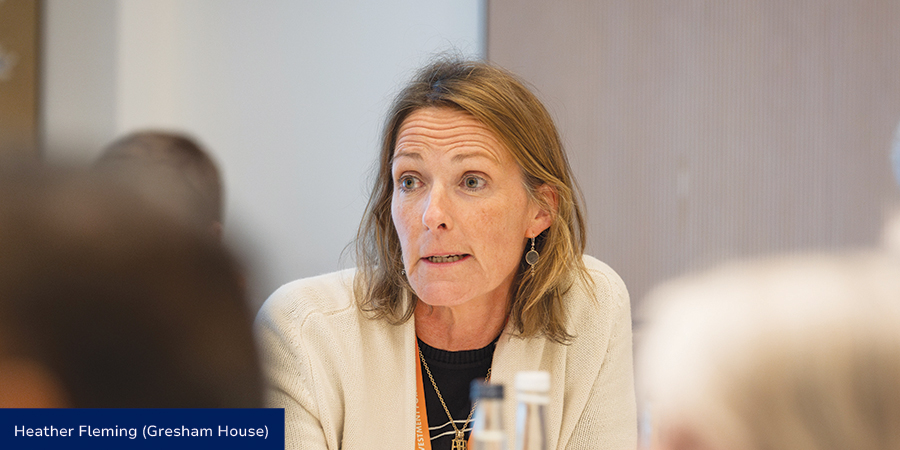
As for what good local investment looks like for both the local area and the fund, Jill Davys, Head of LGPS at Redington, said the industry needs to invest some time in talking to local and mayoral authorities about what this is because “they don’t quite understand”.
She explained: “They think ‘this is great, and we’re going to make a 1% return on this’ – but that’s not quite going to meet a pension fund’s requirements.
“But by having those conversations you can end up with something that enables you to do something local. And it may be the authority then recognises that and they’ll take on more of the risk so you can have a debt instrument that pays you a reasonable return.
“However, you’ve got to have those conversations, and they’re really time-consuming and intense.”
Preferences of the funds
Given this centralisation, both in terms of resources and plain and simple decision-making, some funds will not be heard among all the noise.
As Houston explained: “That’s when the scale argument becomes the fear – especially when a pool is dealing with 32 clients as opposed to three – is that my stuff doesn’t get done because it’s too small.
“So how do you square that circle where your clients, your partner funds, and the mayor wants to get things done that are quite small in scale, which doesn’t fit for the pools?”
This is particularly pertinent when it comes to the politics of what money goes into what companies or projects – particularly those that could potentially be politically problematic.
Houston said: “Talking to people at Kensington and Chelsea, they have a rule which says we’ll have nothing to do with any company associated with Grenfell. Any West London borough, they’re not going anywhere near the third runway at Heathrow because they’ll be thrown out of office tomorrow.”
In response to Jeff’s first point, another Jeff – City & County of Swansea’s Deputy Chief Finance Officer and Deputy S151 Officer, Jeff Dong, believes this is a function of the shareholder model with pools.
This is something he does on a smaller scale with funds in his local area, whereby every opportunity is discussed collectively.
He added: “And I think the successful pools are the ones that listen to their shareholders. It’s nonsensical that you’d adopt a top-down approach to local investing.
“So, we’re hopefully going to transport this model into pooling by drafting quite a robust shareholder agreement.”
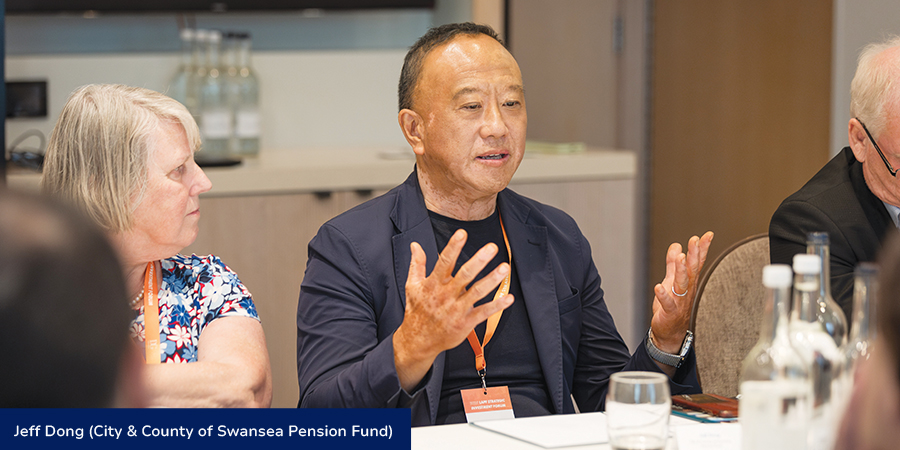
This was something backed up by Merton’s Director of Finance, Roger Kershaw, who said: “The only way I can see this working is by getting your local funds influencing the pools in terms of where they want to spend – especially with local investment opportunities.”
As for politically contentious investments, Iain Campbell reflected on how it’s all about funds having grown-up conversation with their pools.
He added: “If everyone comes in with a strict list of exclusions the pool can say ‘fair enough, but in order to implement that, that’s going to take more pool staff, there’s going to be an increase in costs vs if you go for a more streamlined approach’.
“Then funds can decide whether that’s so important to exclude that they’d agree to spend that extra money.”
Resourcing
This point around staffing brings us onto another topic highlighted during the roundtable, which is the current state of resourcing at local government level.
Reflecting on this in relation to authorities bidding for investment, Jo Thistlewood, Head of the Royal County of Berkshire Pension Fund, said: “The local authority that is going to be putting the case to the pension admin authority hasn’t got enough money to do what they’re doing at the moment, they’re running around with no staff to do everything they’re supposed to do.
“We’re going to ask them then to put some more investment appraisals together – which they haven’t got the time, money or capacity to do.”
Roger backed this point up, explaining that – while we’ve all of a sudden been told that “all these things are possible” – what hasn’t changed is the capacity to bring these ideas together, and the money is needed to catch up.
He added: “Now it’s going to create a real tension between our local members, who suddenly realise what the treasurer has been telling them all this time, which is that we haven’t got the capacity to invest locally and there’s all these risks involved, is true.”
Overall, the roundtable revealed mixed feelings about the government’s local investment push. Participants acknowledged that clearer definitions help, but raised serious concerns about implementation.
Several warned that pooling decisions could mean smaller, locally important projects get overlooked. The discussion highlighted successful examples like South Yorkshire’s development lending, yet experts stressed pools cannot work independently of local authorities.
A critical issue emerged around capacity – local authorities are already stretched thin but now face additional demands to produce investment appraisals.
The consensus was that while the government’s desire for upwards of 5% to be invested locally creates opportunities, success depends on pools genuinely listening to their shareholders and local authorities finding resources they currently lack.
Without addressing these fundamental capacity constraints, the ambitious policy goals may struggle to translate into practical results.
The follow up to the first LAPF Investments Local Investment Roundtable which took place at the LGPS Pooling Symposium in May 2025.
Participants
Sponsors
More Related Content...
|
|
|
